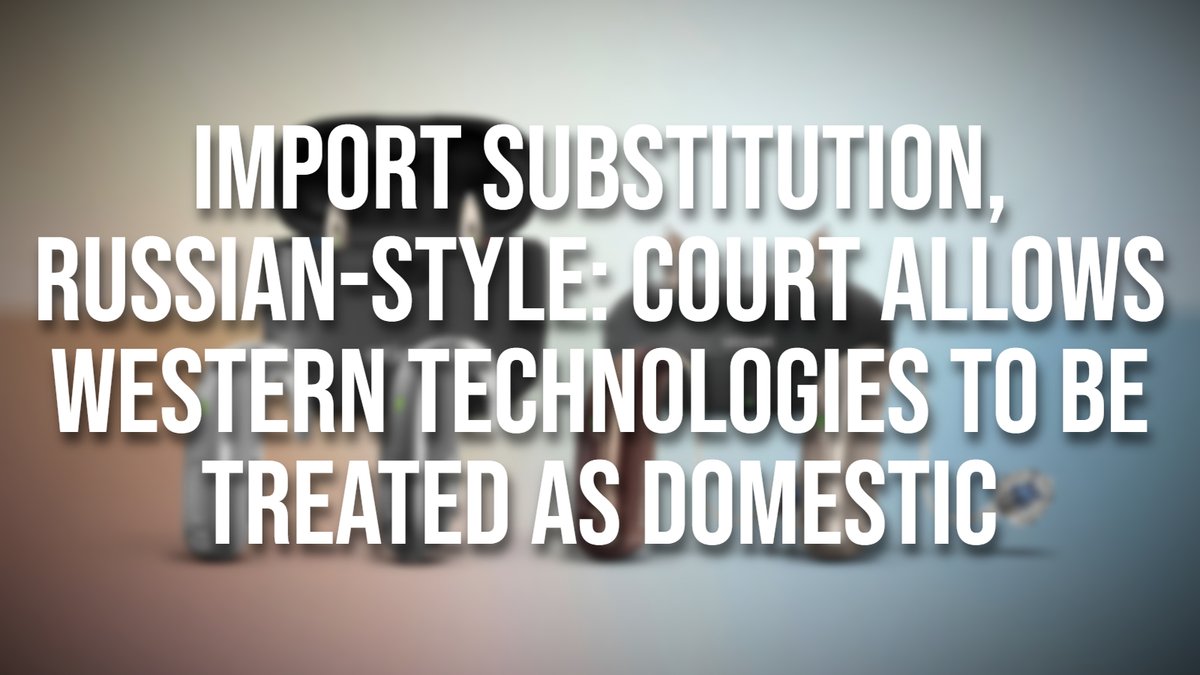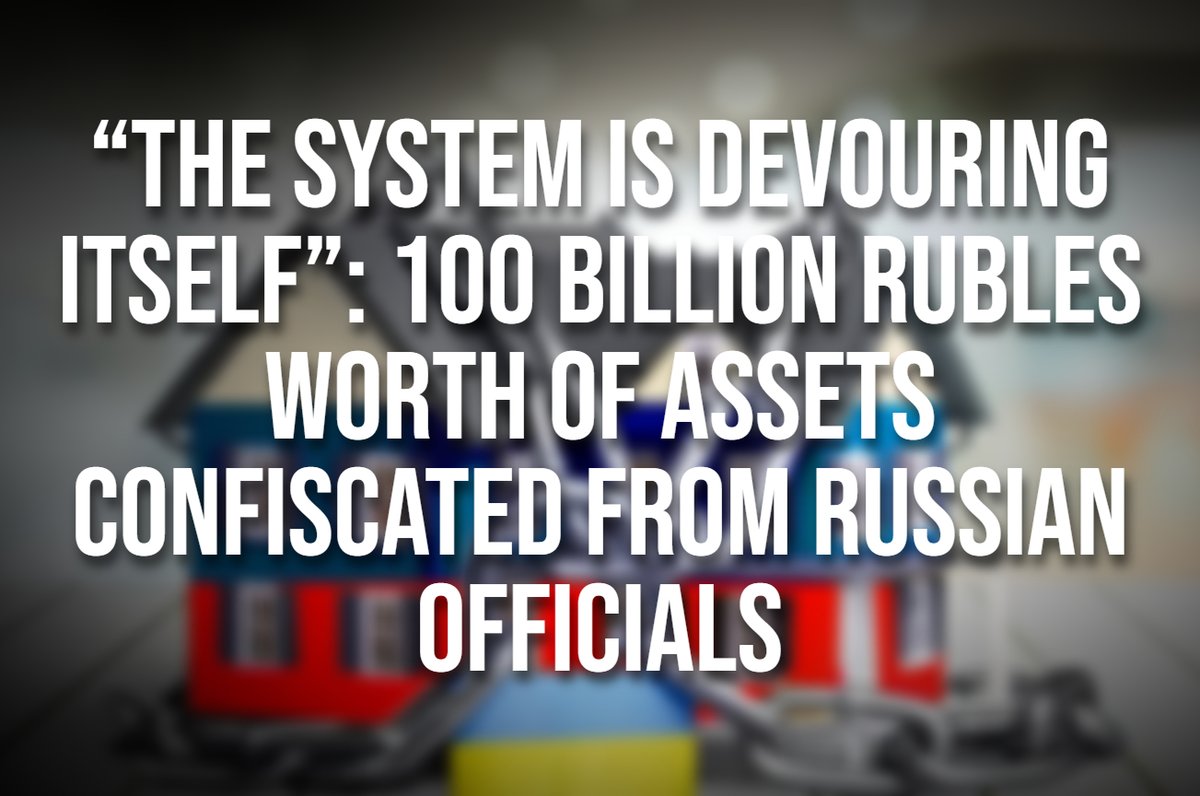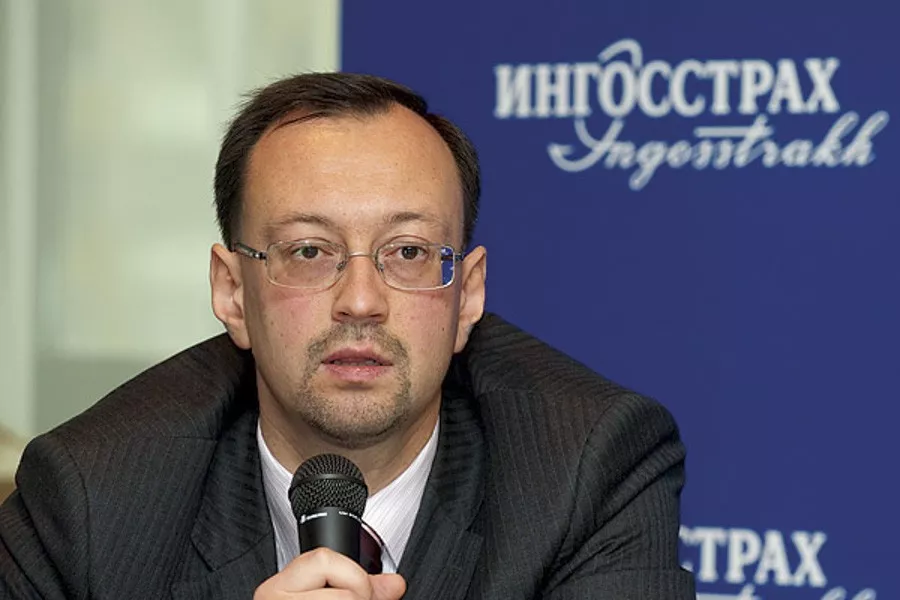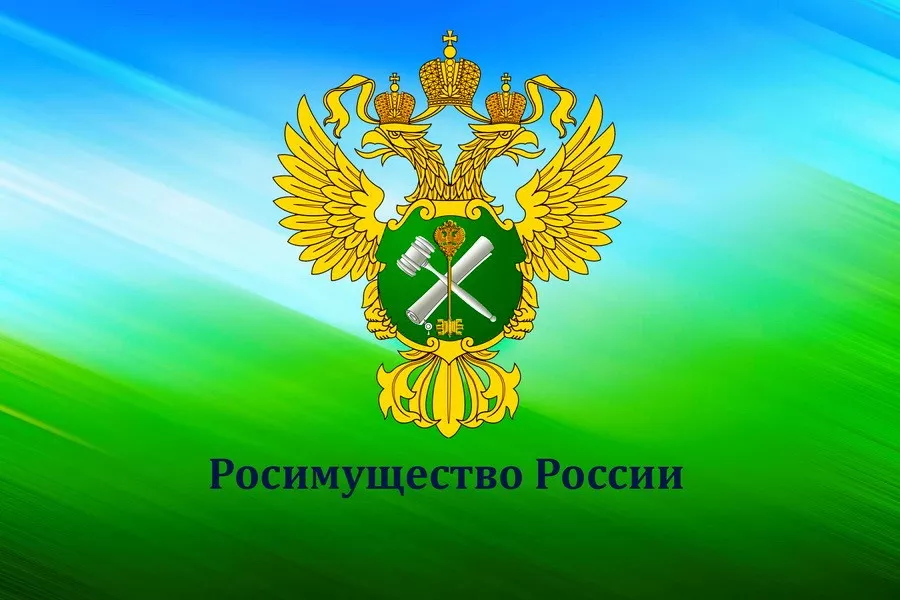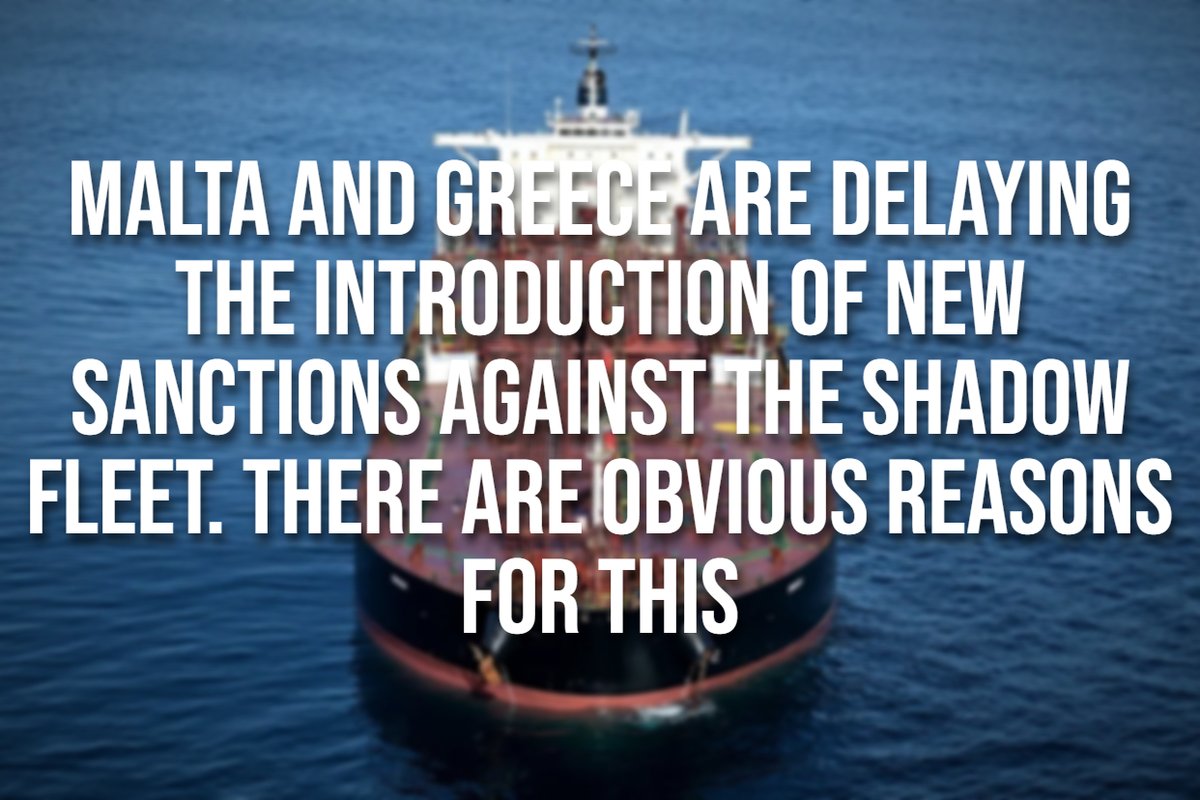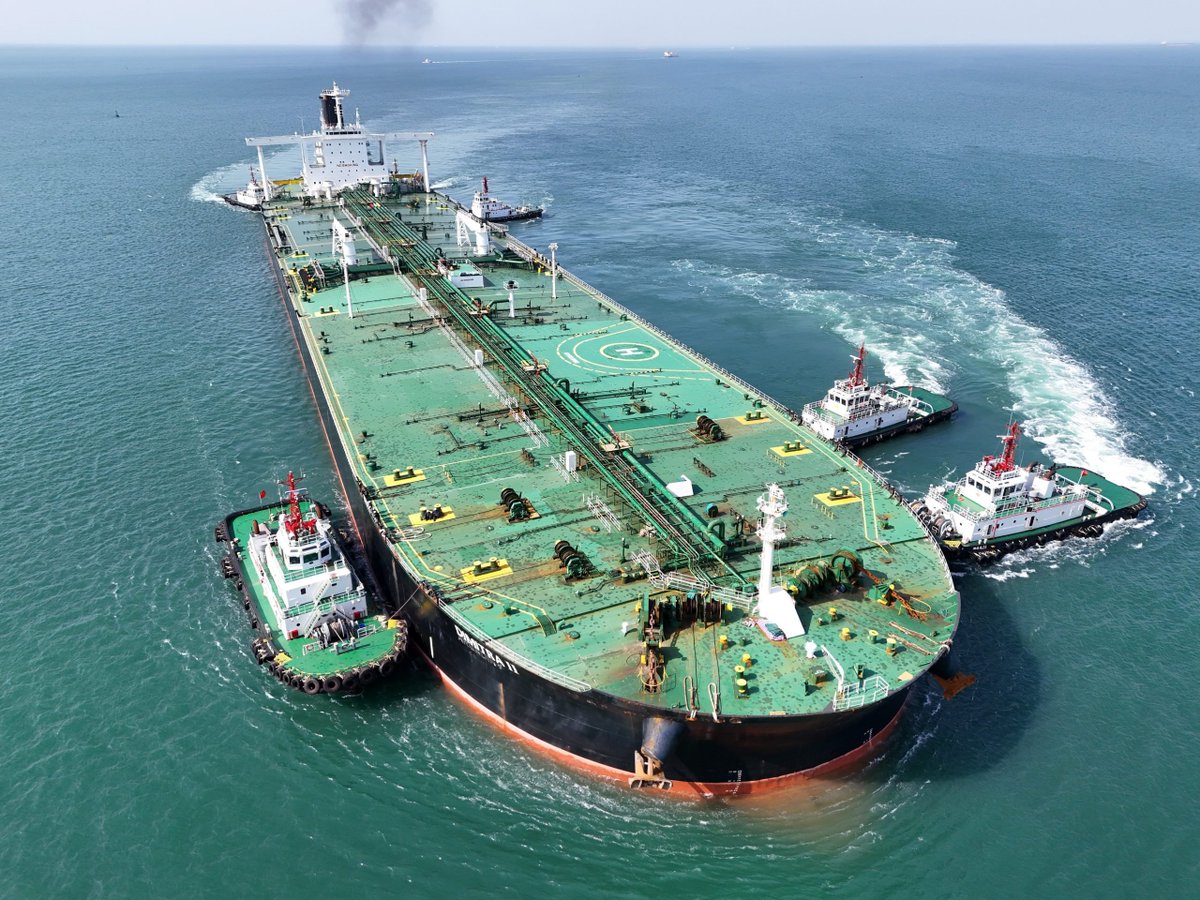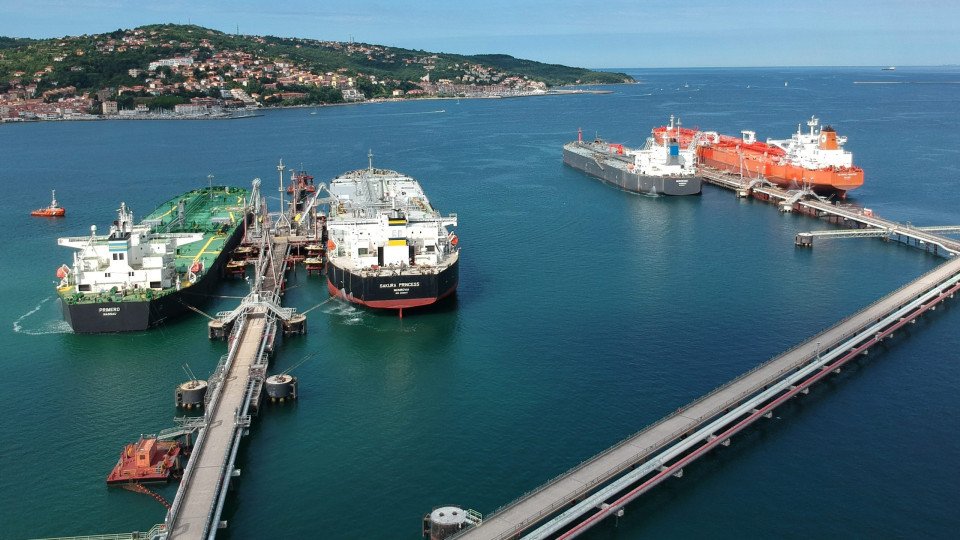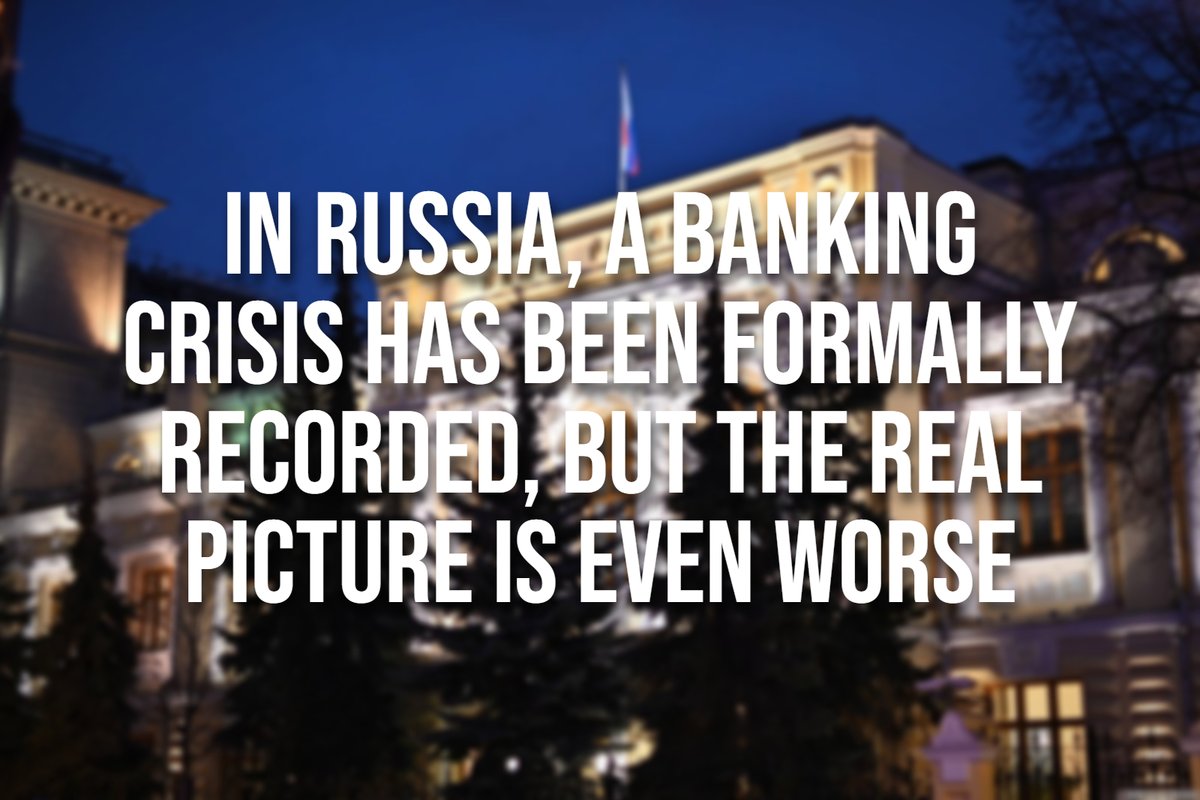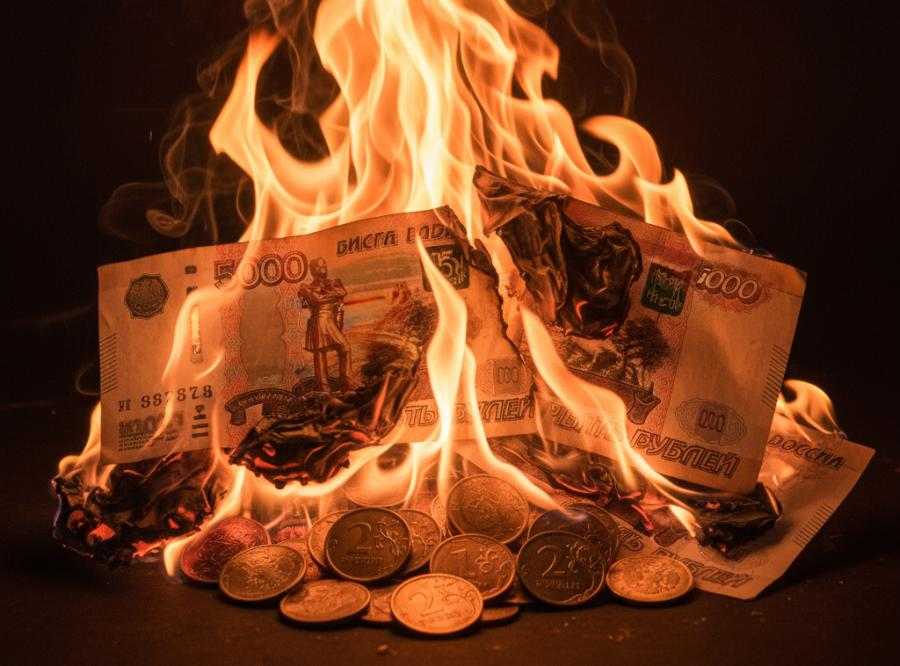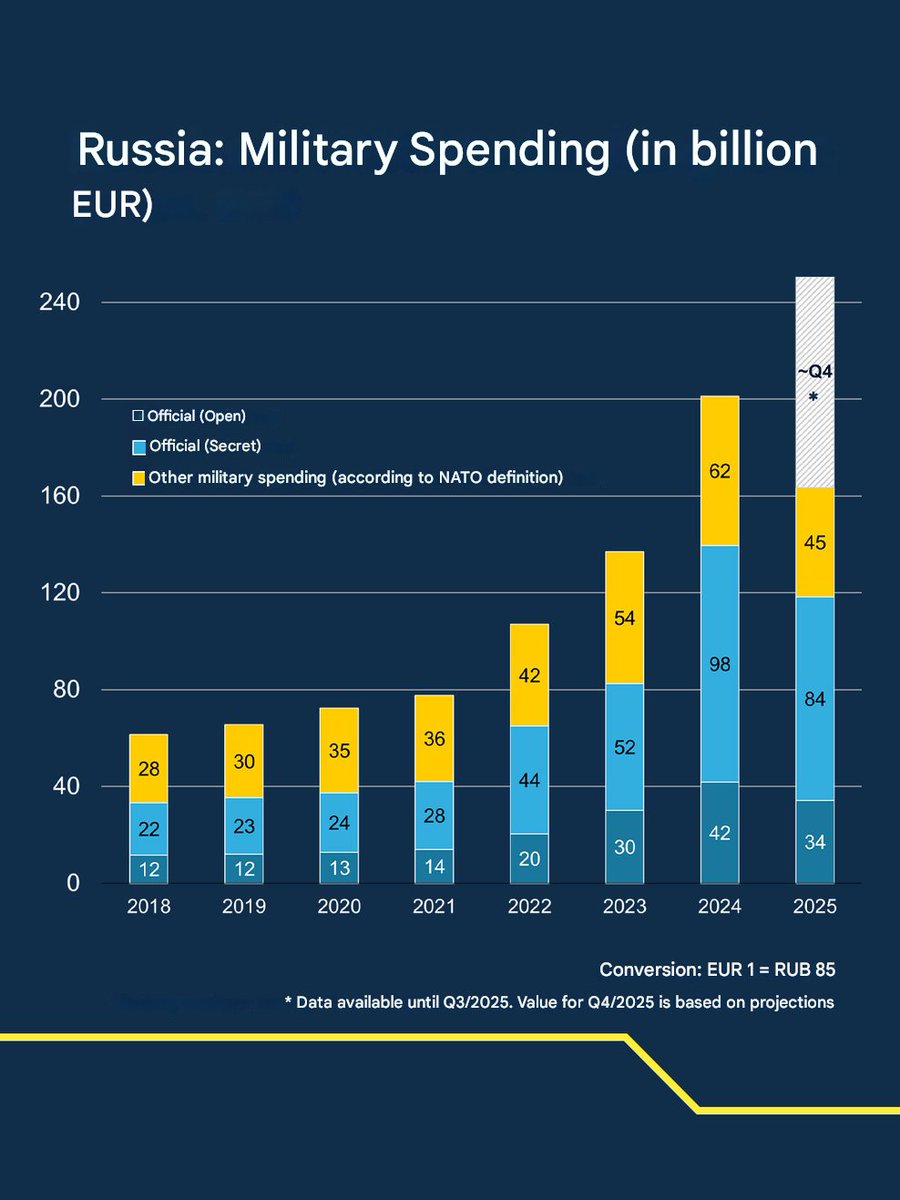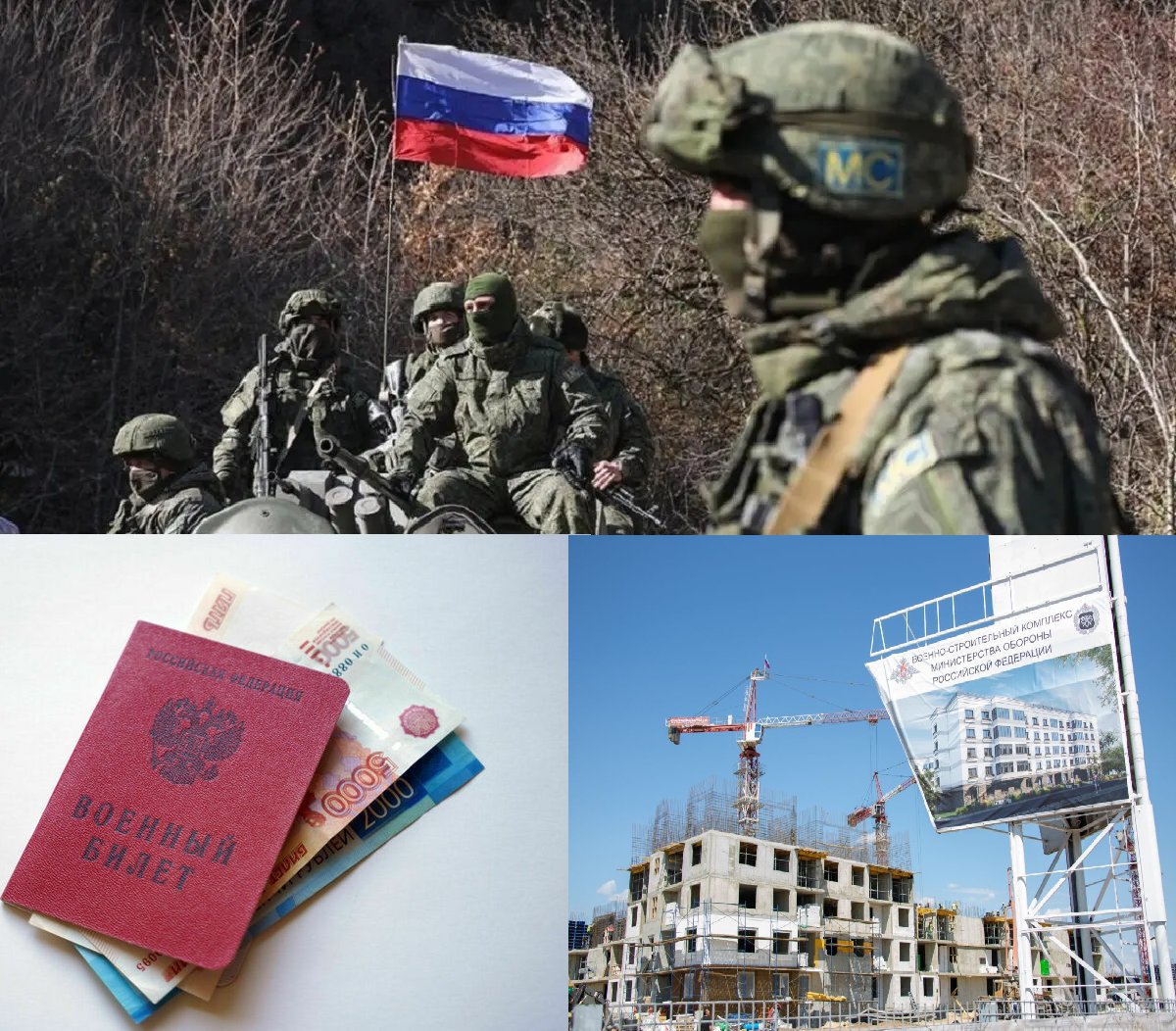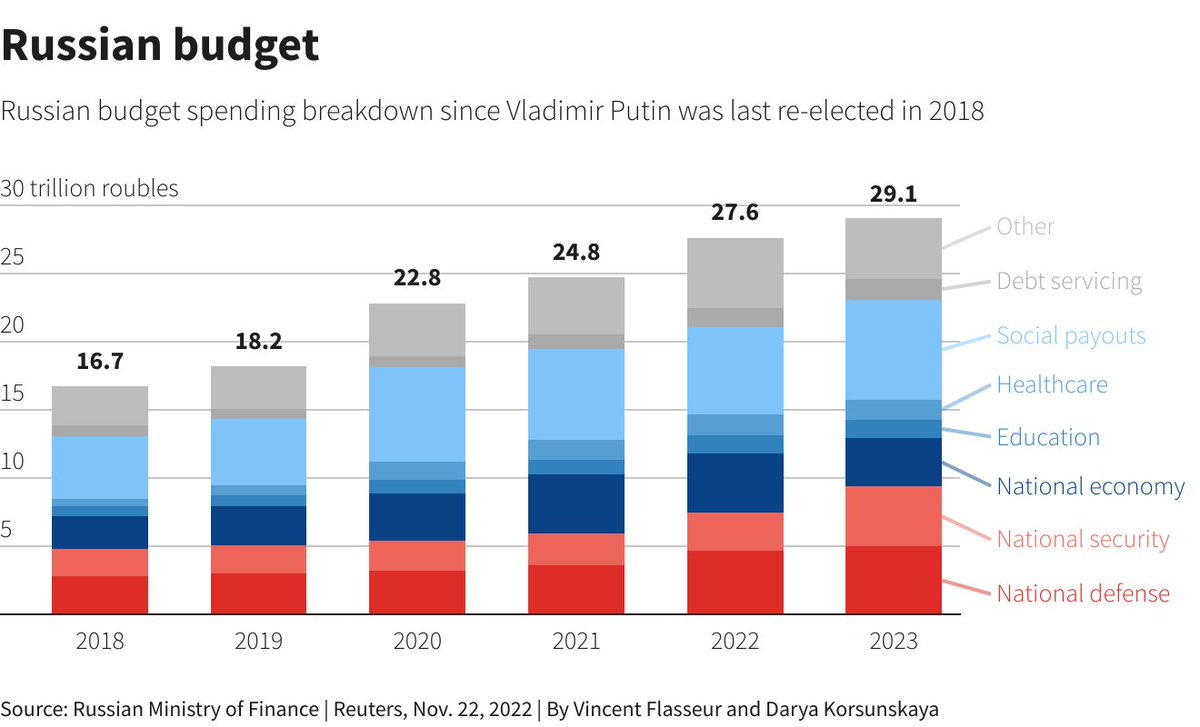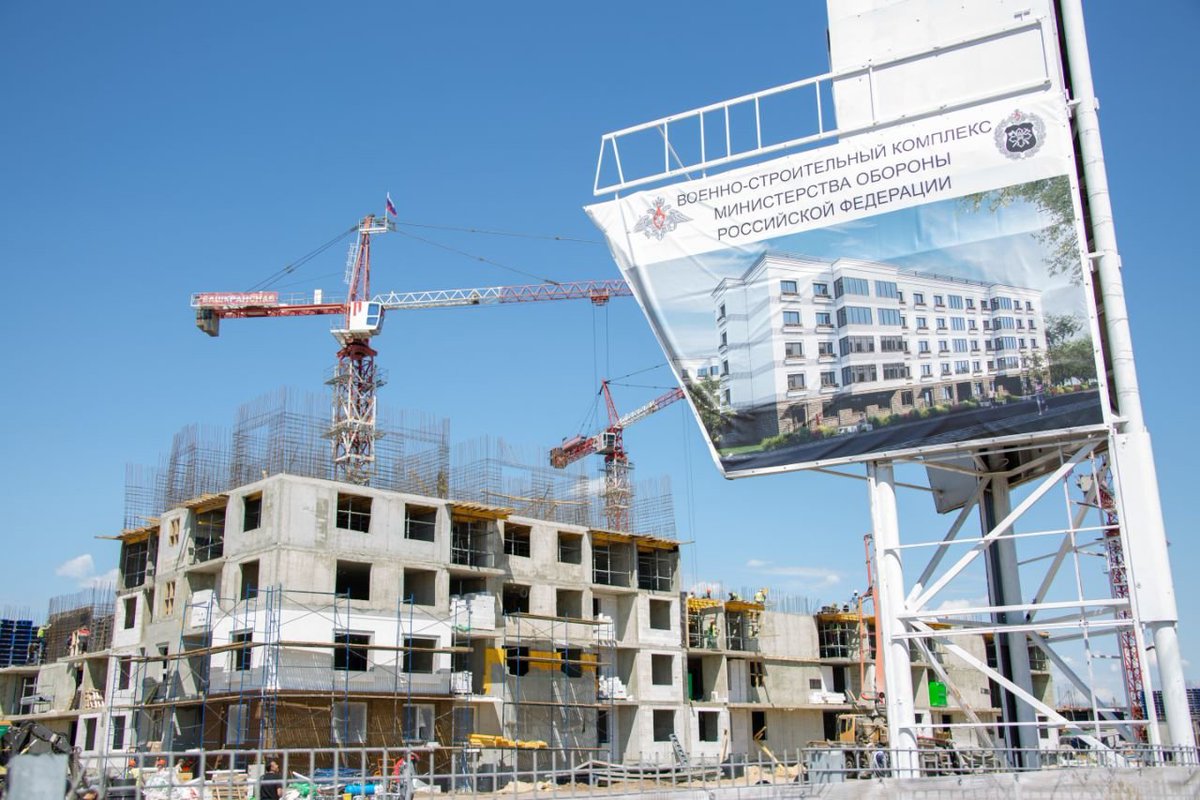Residents of the Kursk region refuse to evacuate due to fears. They are afraid not of the advancing Ukrainian army, but of their home being robbed by Russian soldiers. In the Glushkovsky district of the Kursk region, cut off from the main forces after the destruction of all
1/7
1/7
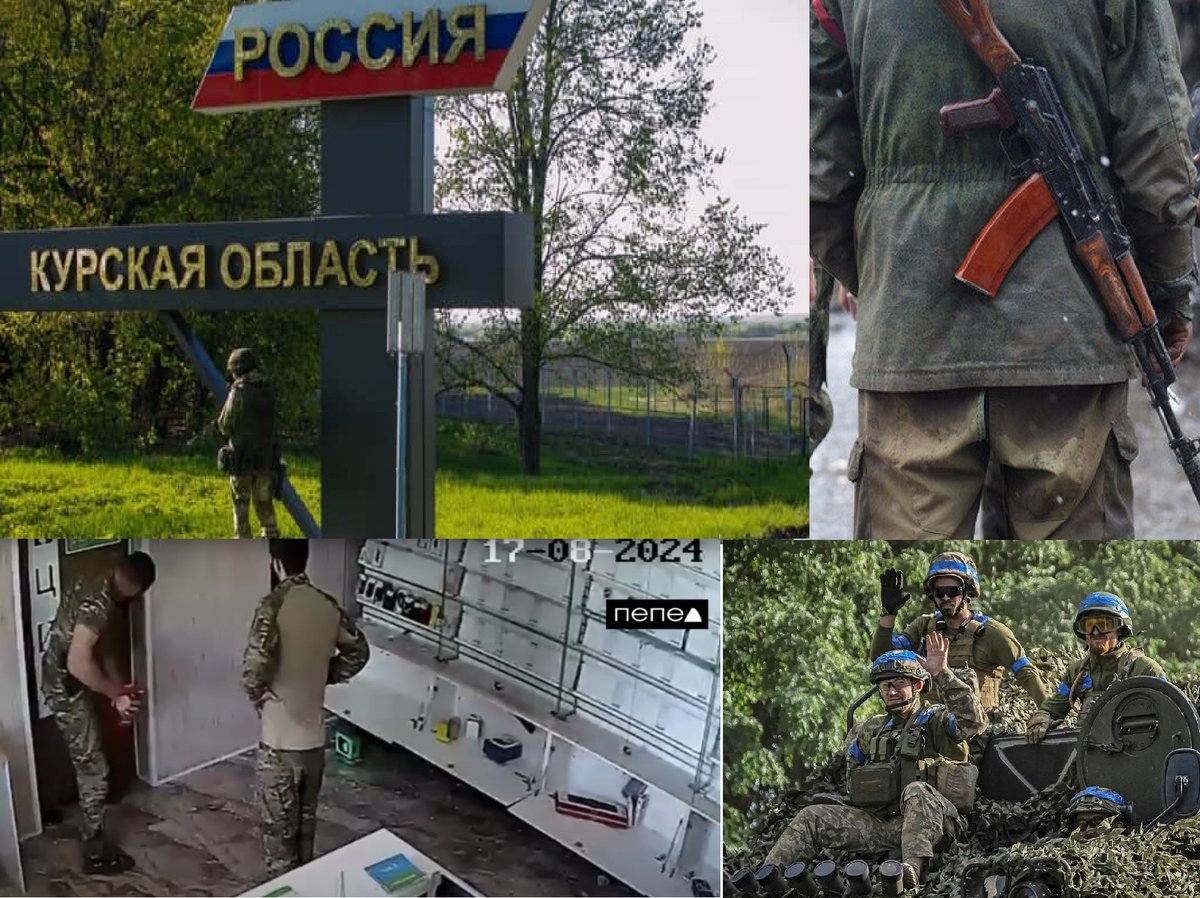
three bridges across the Seim River, Russian soldiers are looting houses and shops. When local residents contact the police, they are told that this cannot be. The authorities say that this is being done by Ukrainian soldiers dressed as Russians. It turns out that those who
2/7
2/7

should, in theory, protect the citizens of their country are the main danger to them. In addition to looting, Russian soldiers, frightened by the approach of the Ukrainian Armed Forces and reports of sabotage and reconnaissance groups, are starting to shoot at everything
3/7
3/7

that moves, and there have been cases of shooting at civilians. Experiencing a shortage of manpower to maintain order, people's territorial defense squads are being created. However, handing out weapons to people from the street also turned out to be a bad idea, and such
4/7
4/7
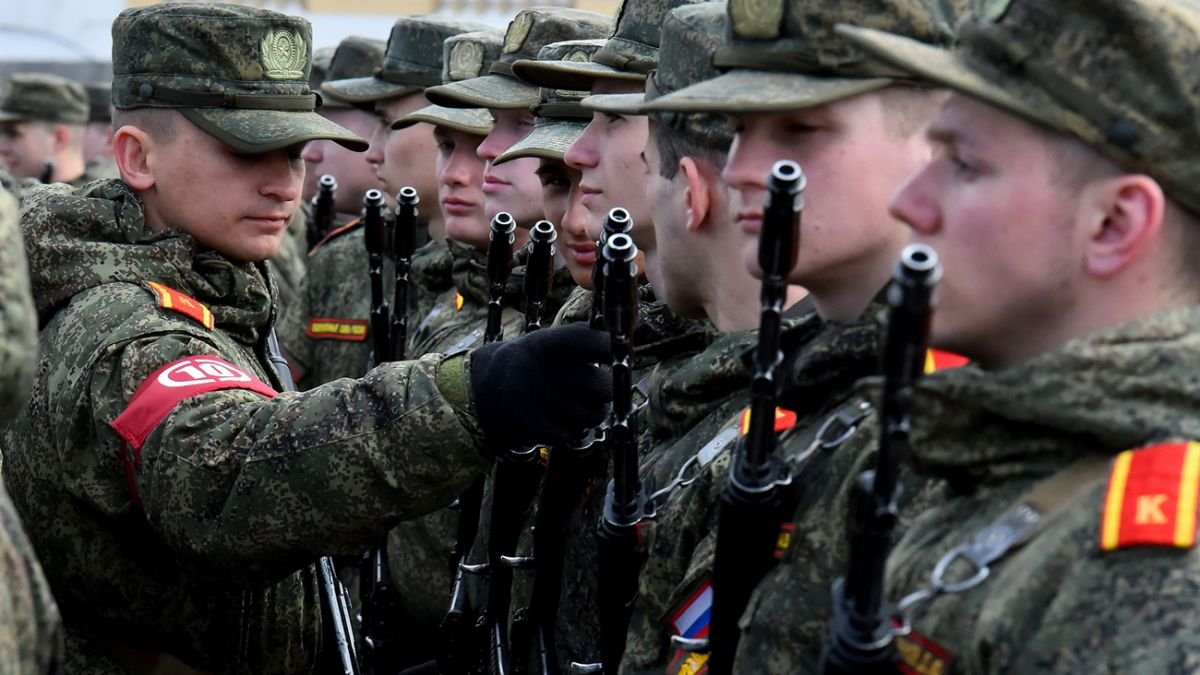
squads began to terrorize Russian volunteers. Panic, hysteria, unprofessionalism and chaotic throwing - this is how the territorial defense is described in Z publics. Thus, the territorial defense stopped a volunteer girl and under the pretext of suspicion that she was a
5/7
5/7

Ukrainian sniper, they undressed her and "searched" her. They could not explain how a Ukrainian sniper could end up in the deep Russian rear distributing packages to Russian soldiers. A Russian soldier is a threat to everything he approaches. With a weapon in his hands and
6/7
6/7

without any moral compass, with a desire for easy money and a lack of responsibility for his actions, such a soldier poses a threat to all living things around. It is not surprising that the residents of the Kursk region sometimes greet the Armed Forces of Ukraine with joy
7/7
7/7

• • •
Missing some Tweet in this thread? You can try to
force a refresh



